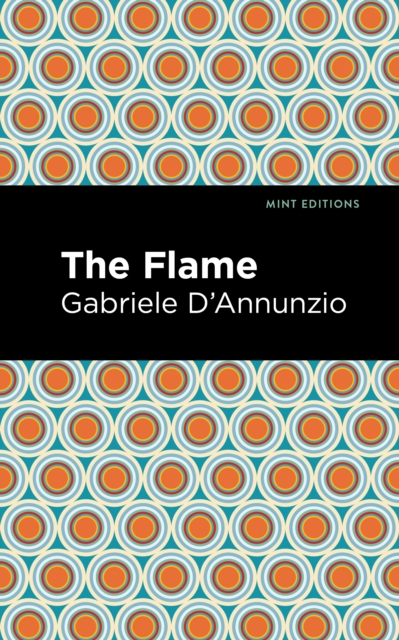The Flame

The Flame
The Flame (1900) is a novel by Gabriele D'Annunzio. Inspired by the author's interpretation of the work of Friedrich Nietzsche and Walter Pater, The Flame is a semi-autobiographical account of the end of D'Annunzio's relationship with famed actress Eleonora Dusa. Considered a central text of Italian Decadentism, the novel has earned comparisons to the work of Oscar Wilde and Joris-Karl Huysmans. "With an all-comprehensive glance, she looked around at all the beauty of this last twilight of September. In the dark wells of her eyes were reflected the circles of light made by the oar as it flashed in the water, which was illuminated by the glittering angels that shone from afar on the campaniles of San Marco and San Giorgio Maggiore." Venice, a symbol of the Renaissance, is changing. The churches and canals of old remain, but an era of cultural achievement is
PRP: 70.12 Lei
Acesta este Prețul Recomandat de Producător. Prețul de vânzare al produsului este afișat mai jos.
63.11Lei
63.11Lei
70.12 LeiLivrare in 2-4 saptamani
Descrierea produsului
The Flame (1900) is a novel by Gabriele D'Annunzio. Inspired by the author's interpretation of the work of Friedrich Nietzsche and Walter Pater, The Flame is a semi-autobiographical account of the end of D'Annunzio's relationship with famed actress Eleonora Dusa. Considered a central text of Italian Decadentism, the novel has earned comparisons to the work of Oscar Wilde and Joris-Karl Huysmans. "With an all-comprehensive glance, she looked around at all the beauty of this last twilight of September. In the dark wells of her eyes were reflected the circles of light made by the oar as it flashed in the water, which was illuminated by the glittering angels that shone from afar on the campaniles of San Marco and San Giorgio Maggiore." Venice, a symbol of the Renaissance, is changing. The churches and canals of old remain, but an era of cultural achievement is
Detaliile produsului










